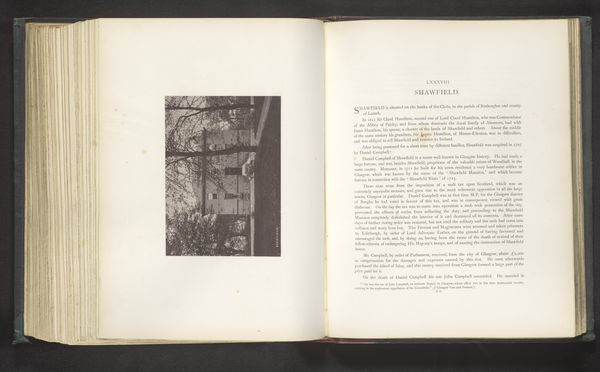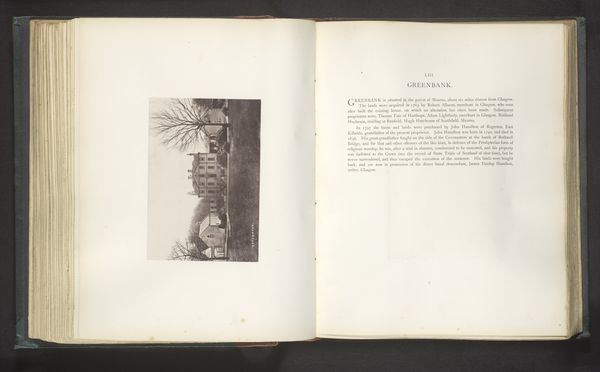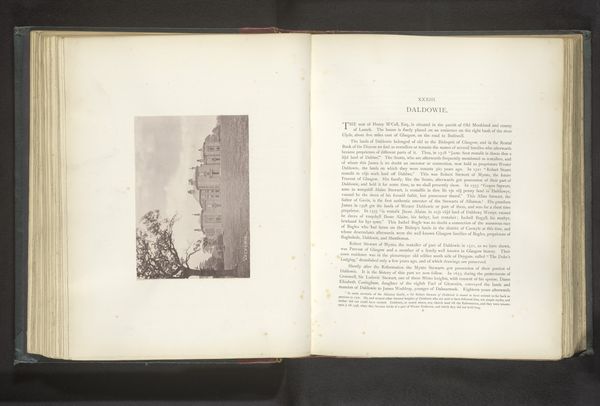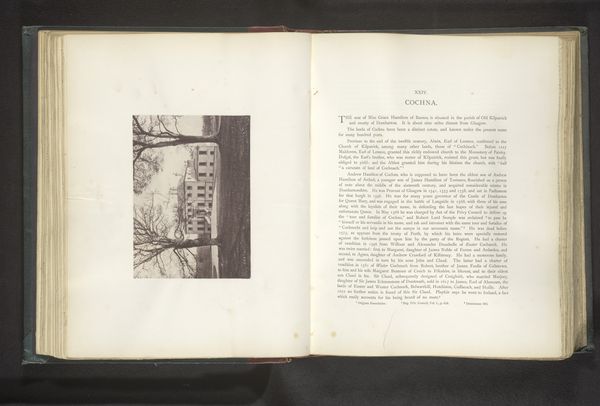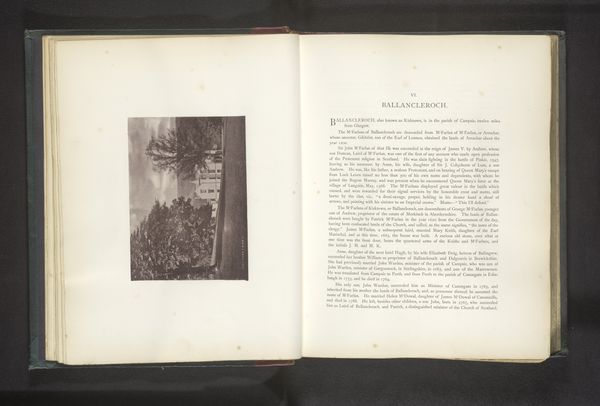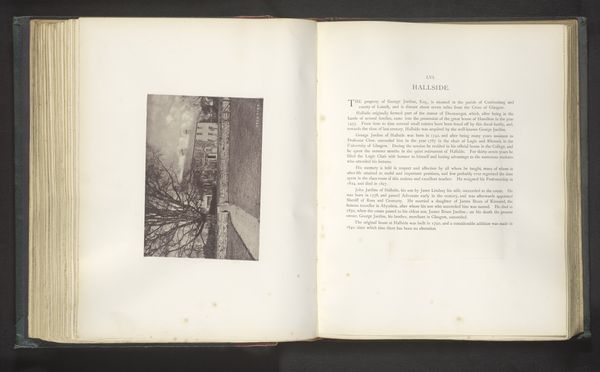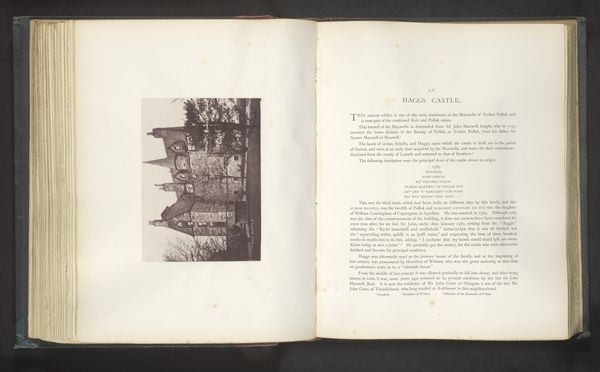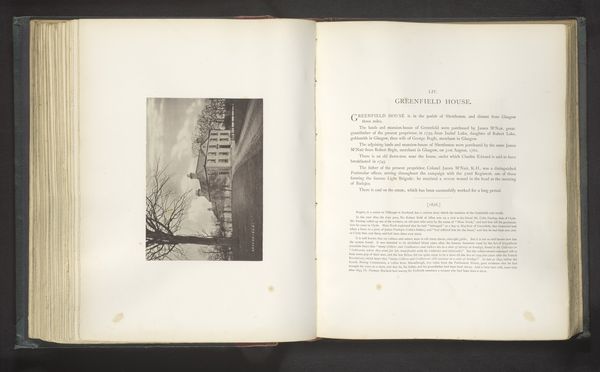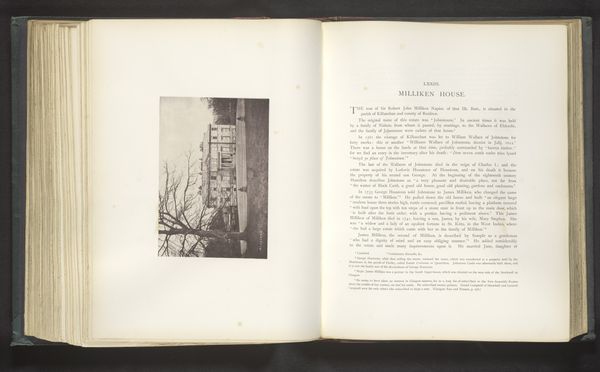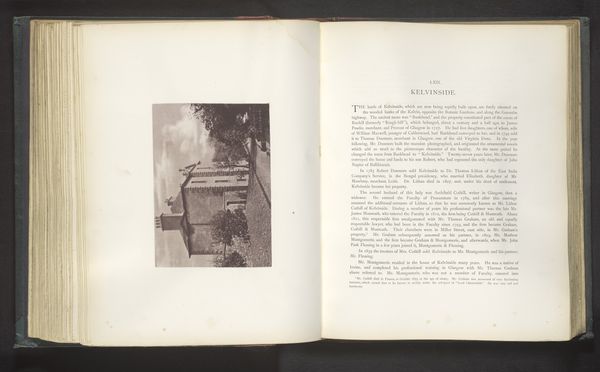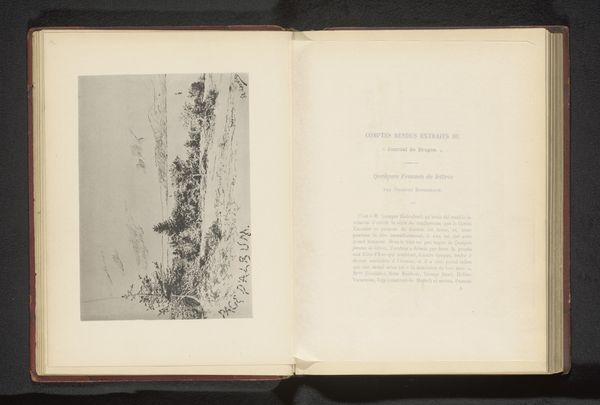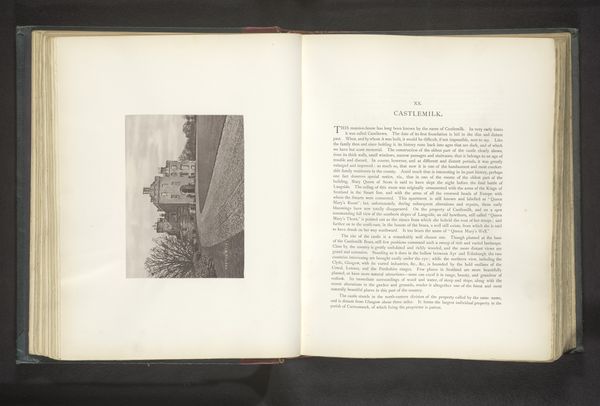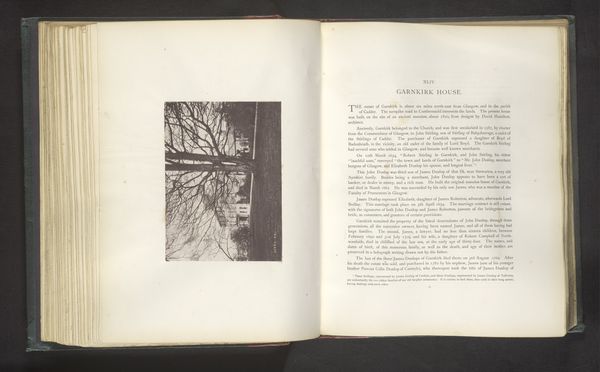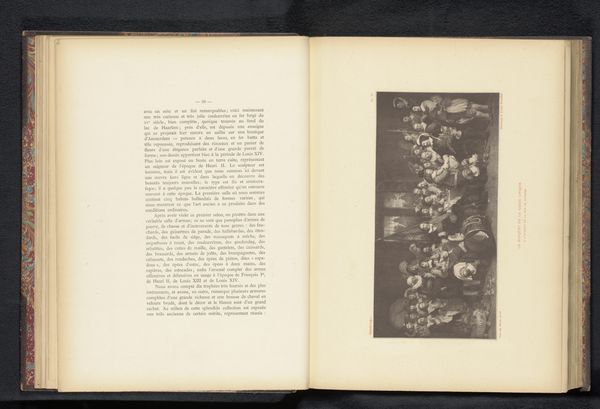
print, photography, gelatin-silver-print
# print
#
landscape
#
photography
#
gelatin-silver-print
#
cityscape
#
building
Dimensions: height 115 mm, width 160 mm
Copyright: Rijks Museum: Open Domain
This photograph of Possil was made by Thomas Annan in the late 19th century. At first glance, the barren trees dominate the scene. These trees, with their gnarled branches reaching skyward, evoke a sense of melancholy and perhaps even decay. Consider how the motif of the bare tree has appeared in various guises throughout history, often symbolizing mortality or the passage of time. In medieval art, the bare tree appeared in depictions of the crucifixion and the fall of man to underscore the theme of spiritual death. The image of the bare tree strikes at our deepest fears and anxieties linked to the inevitability of death and the ephemeral nature of existence. Despite its somber associations, the bare tree has undergone something of a transformation over time and, in more recent times, it can be viewed as a symbol of resilience, promising renewal even in the face of adversity. This cyclical progression reminds us of the constant flux and enduring power of symbols.
Comments
No comments
Be the first to comment and join the conversation on the ultimate creative platform.
